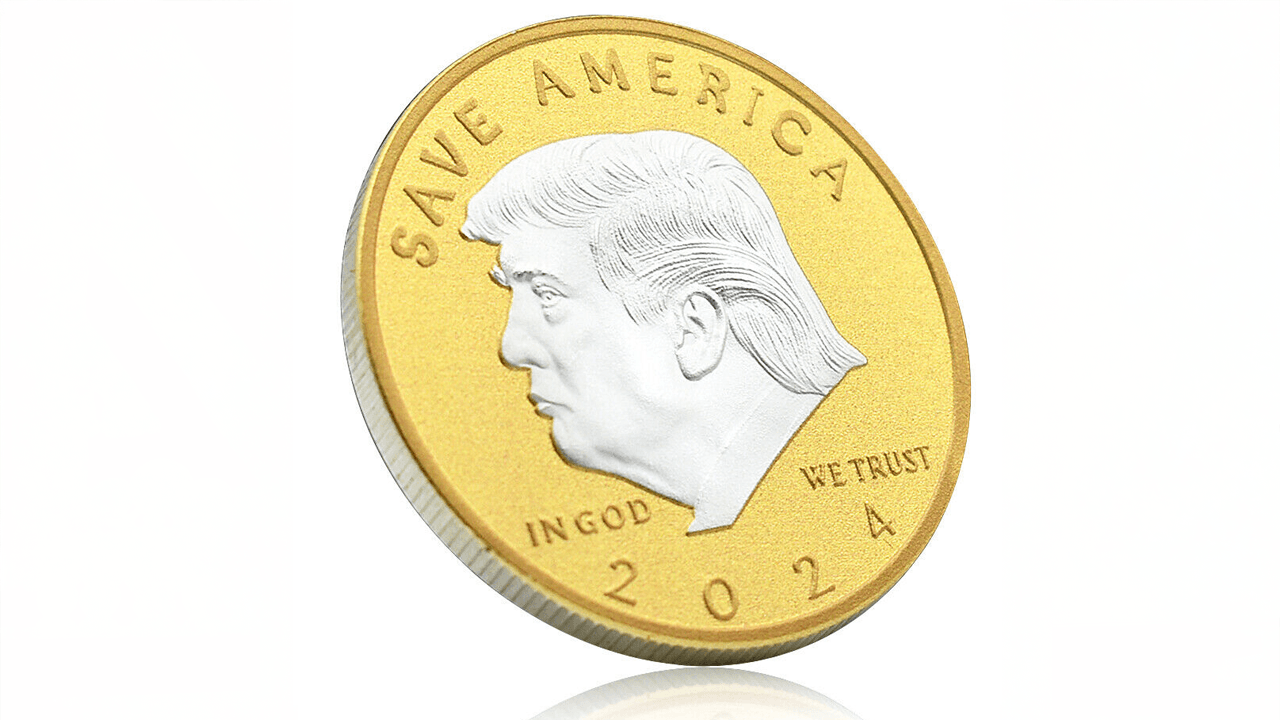US Authorities Ignore Senator Cynthia Lummis’ Deadline on Seized Bitcoin
The Controversy Surrounding the Silk Road Bitcoin
US authorities are reportedly disregarding pro-crypto Senator Cynthia Lummis’ deadline to explain what happened to the Bitcoin (BTC) seized from the defunct darknet marketplace Silk Road. According to a new report by Bloomberg, anonymous sources familiar with the matter say that the U.S. government has failed to provide a satisfactory response to Senator Lummis’ inquiries regarding the seized cryptocurrency.
The Silk Road was an infamous online marketplace known for facilitating transactions involving illegal drugs, weapons, and other illicit goods. In 2013, the FBI shut down the website and seized approximately 144,000 BTC from its alleged founder, Ross Ulbricht, who was subsequently sentenced to life in prison. Since then, the fate of the seized Bitcoin has been a topic of speculation and debate.
The Role of Senator Cynthia Lummis
Senator Cynthia Lummis, a vocal advocate for Bitcoin and cryptocurrency, has been pushing for transparency and accountability regarding the government’s handling of the seized Silk Road Bitcoin. She has raised concerns about the lack of clarity surrounding the forfeiture and sale of the cryptocurrency, as well as the potential impact on the market.
Despite her efforts to elicit a response from the authorities, it appears that Senator Lummis’ deadline has been ignored, raising questions about the government’s commitment to transparency and communication with the public.
Impact on Individuals
For individuals involved in the cryptocurrency space, the controversy surrounding the seized Silk Road Bitcoin serves as a reminder of the regulatory uncertainties and legal risks associated with digital assets. The lack of transparency from the authorities raises concerns about the protection of property rights and the potential for government overreach in seizing and managing cryptocurrency assets.
As a result, individuals holding Bitcoin and other cryptocurrencies may face increased scrutiny and regulatory challenges, impacting their ability to freely transact and hold digital assets without fear of government intervention.
Impact on the World
On a larger scale, the mishandling of the seized Silk Road Bitcoin by U.S. authorities could have broader implications for the cryptocurrency industry and international relations. The lack of transparency and communication from the government may erode trust in the regulatory framework governing digital assets, leading to increased uncertainty and volatility in the market.
Furthermore, the failure to provide a satisfactory explanation for the fate of the seized Bitcoin could damage the reputation of the U.S. as a leader in the global cryptocurrency market, potentially driving investors and innovators to seek more favorable jurisdictions with clear regulatory frameworks and respect for property rights.
Conclusion
The controversy surrounding the seized Silk Road Bitcoin highlights the challenges and complexities of regulating digital assets in a rapidly evolving financial landscape. Senator Cynthia Lummis’ efforts to hold the authorities accountable for their handling of the cryptocurrency reflect a broader push for transparency and accountability in government actions.
As individuals and the world at large grapple with the implications of this controversy, it is essential to continue advocating for regulatory clarity and respect for property rights in the cryptocurrency space to ensure a fair and secure environment for innovation and investment.





